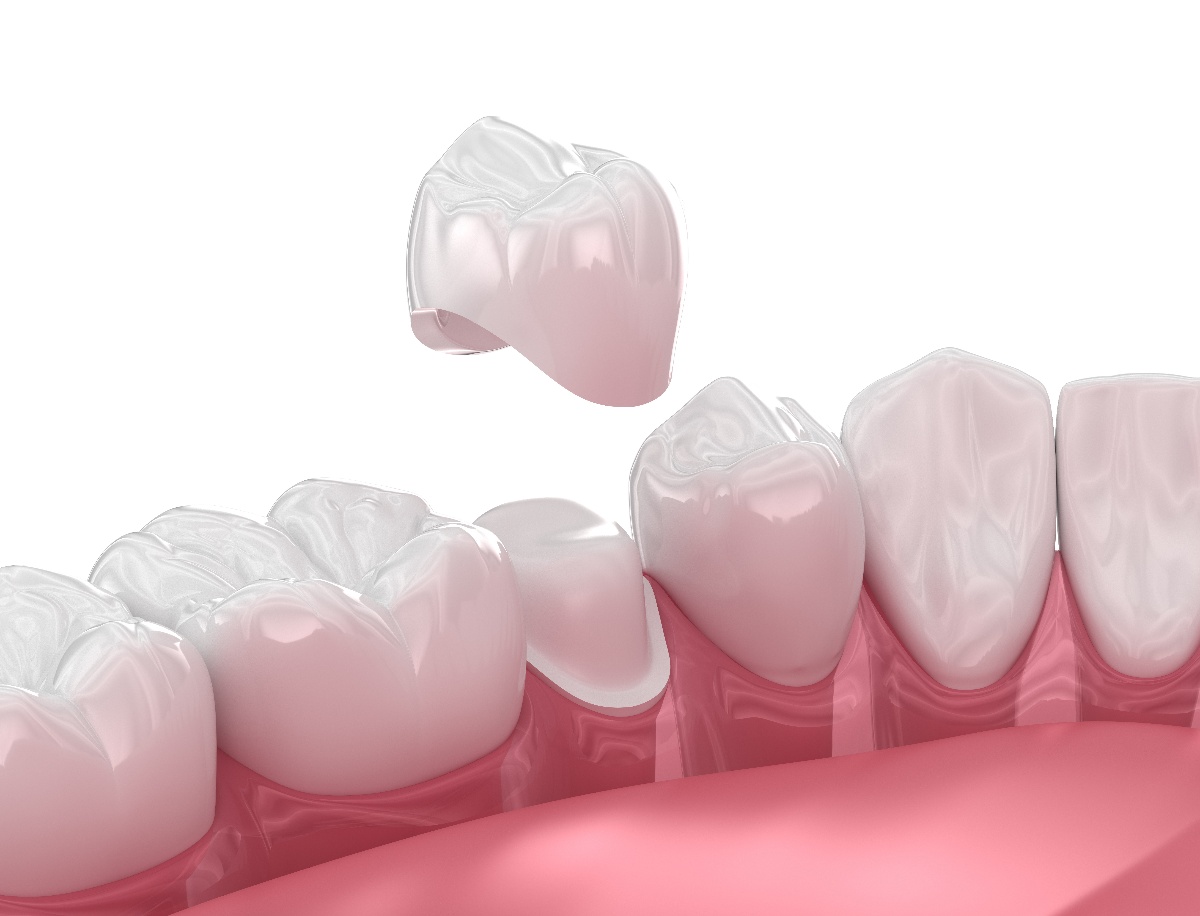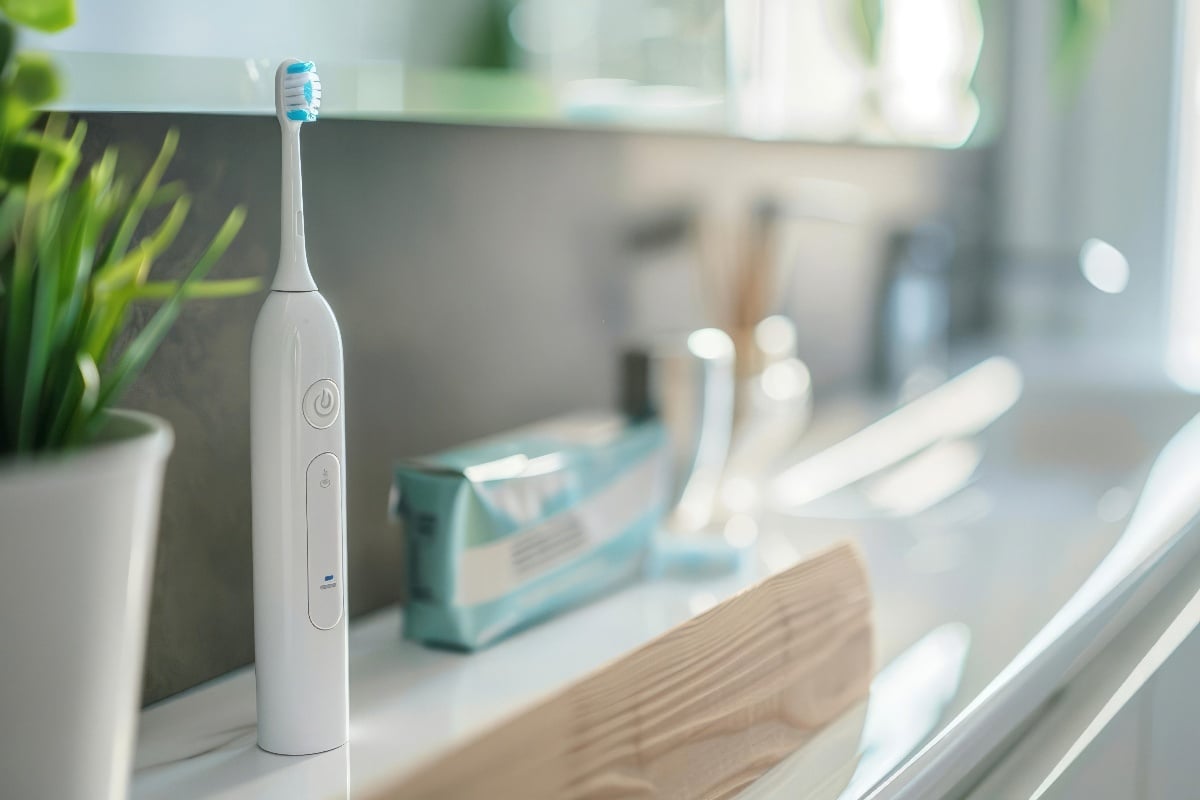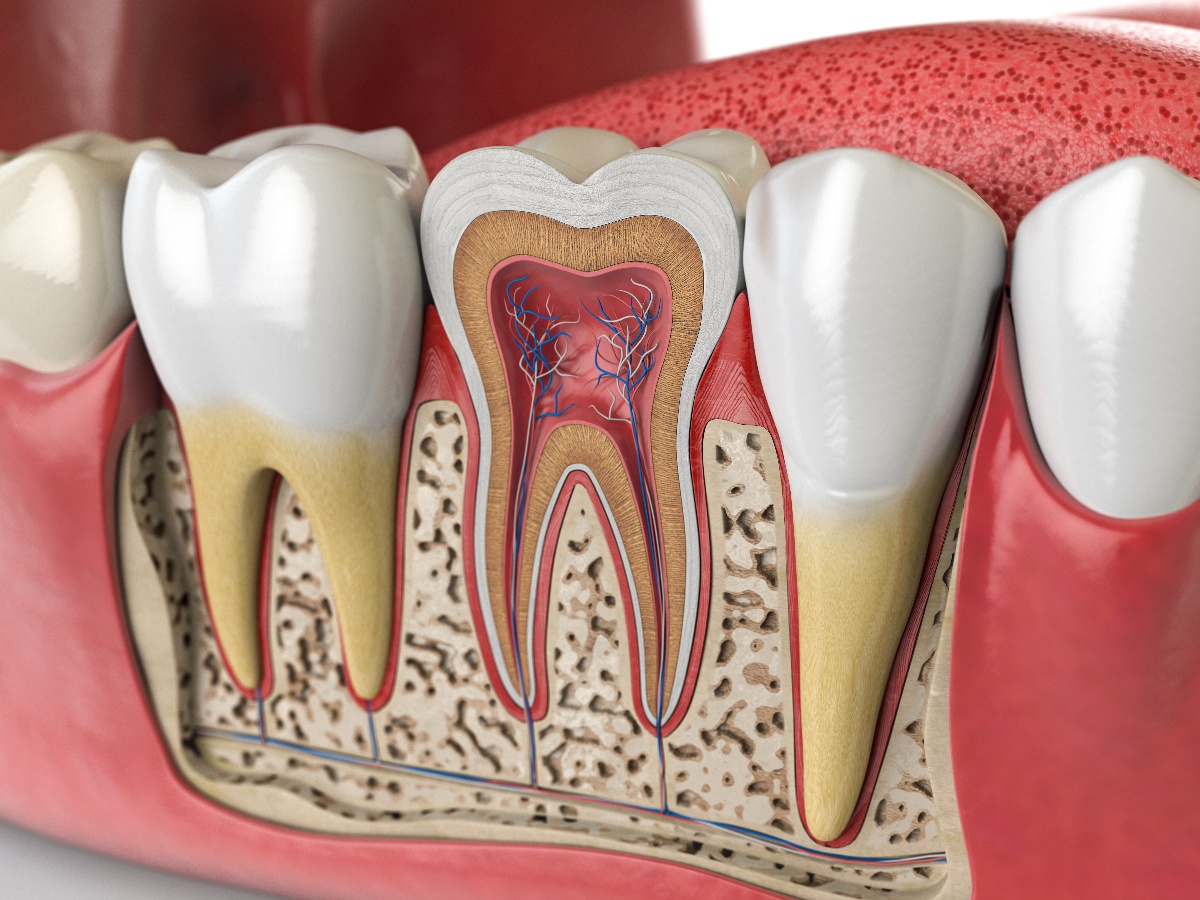Dental crowns are a common and important cosmetic and restorative dentistry treatment that offers a durable solution for damaged teeth that can also enhance your smile. Whether due to decay, injury, or wear, teeth that are compromised can benefit greatly from the protective cover that a crown provides. This versatile treatment not only restores the tooth’s structure and function but also can help prevent further damage. In this article, we will describe what dental crowns are and the various materials used to make them. We will also discuss why they might be the ideal solution for restoring your dental health and confidence in your smile. From protecting a weakened tooth after a root canal to providing a cosmetic improvement, dental crowns can be a crucial part of maintaining your oral health.
Understanding Dental Crowns
A dental crown is essentially a cap permanently bonded to a tooth for the purpose of restoring its shape, size, strength, and appearance. If you have a damaged or decayed tooth, your dentist can place a crown that covers and protects your remaining tooth structure. Many times this takes place after other dental procedures, such as fillings or root canals.
Types of Crown Materials
Several specialized dental materials can be used to make crowns. Each one of these materials offers unique benefits and aesthetic qualities, such as:
- Porcelain or Ceramic Crowns: These are popular for their natural color match, making them an ideal choice for front teeth. Porcelain crowns are perfect for those who have metal allergies and want a crown that blends seamlessly with their natural teeth.
- Metal Crowns: Made from one or more metals, such as gold, metal crowns are highly durable and withstand biting and chewing forces well. They are a good choice for back teeth that don’t show when you speak or smile.
- Porcelain-Fused-to-Metal (PFM) Crowns: Offering both durability and a pleasing aesthetic, PFM crowns feature a metal base covered by a porcelain layer. This metal base results in a stronger crown that is more cosmetically pleasing than metal crowns.
- Composite Resin Crowns: This treatment costs less than other types of crowns, such as PFM or all porcelain crowns. Although they can be matched to the color of natural teeth, they wear down over time and are more prone to fractures than porcelain and metal crowns.
- Stainless Steel Crowns: Often used on permanent teeth primarily as a temporary measure, stainless steel crowns protect the tooth or filling, while a more permanent crown is made from another material.
Advantages of Each Material
Each material comes with specific advantages depending on the patient’s needs:
- Aesthetics: Porcelain and ceramic crowns provide the best natural color match to your existing teeth and are more suitable for people with metal allergies.
- Durability: Metal crowns are more suitable for back teeth due to their high resistance to wear and tear.
- Cost-Effectiveness: Composite resin crowns are a budget-friendly option but might need more frequent replacements.
- Versatility: Porcelain-fused-to-metal crowns offer a balance of good aesthetics and durability.
In summary, the choice of material depends on several factors, such as the location in your mouth, aesthetic requirements, and budget considerations. Each type of crown plays a crucial role in dental restoration by providing a balance between function and aesthetics.
Reasons for Needing a Dental Crown
Dental crowns serve various purposes, from restoring a damaged tooth to enhancing the cosmetic appearance of your smile. Here are some common reasons why a dental crown might be necessary:
- Broken or Fractured Teeth: Crowns help hold together parts of a cracked tooth and can prevent further damage.
- Severe Tooth Decay: When cavities are too large for fillings, crowns provide necessary coverage and structural support.
- Tooth Restoration After a Root Canal: After a root canal, teeth become fragile and are more prone to fracture; crowns protect these teeth.
- Covering Dental Implants: Crowns are used to cover dental implants, completing the look and function of natural teeth.
- Cosmetic Enhancement: Crowns can be used to treat discolored or poorly shaped teeth or misaligned teeth for smile and functional enhancement.
The Process of Getting a Dental Crown
Getting a dental crown typically involves the following steps:
- Initial Consultation and Examination: Your dentist assesses your tooth and decides the suitability for restoration with a crown.
- Preparation of the Tooth: The tooth is reshaped to ensure ample space for a crown.
- Taking Impressions: An impression of the tooth is taken to create a custom-fitted crown.
- Placement of a Temporary Crown: During the interim period, a temporary crown restores the tooth until the permanent crown is made.
- Creation of the Permanent Crown: The crown is fabricated using the chosen material.
- Fitting and Adjustments: Once ready, the permanent crown is placed, and necessary adjustments are made to ensure a comfortable fit and optimal bite.
Benefits of Dental Crowns
Dental crowns offer numerous advantages, including:
- Durability and Longevity: Dental crowns are known for their longevity, typically lasting between 5 to 15 years or more when properly maintained.
- Improved Oral Function: They restore functionality, allowing for normal eating and chewing.
- Enhanced Aesthetic Appearance: Meticulously crafted to blend seamlessly with your existing teeth, dental crowns not only restore function but also enhance the overall aesthetics of your smile. The color, shape, and size are carefully tailored to complement your natural teeth, creating a harmonious and attractive appearance.
- Protection from Further Decay and Damage: They protect against further decay and damage to the tooth.
Maintenance and Care of Dental Crowns
To maximize the lifespan of your crowns and maintain their appearance, consider the following care tips:
- Regular Cleaning and Flossing: Clean around the crown thoroughly to prevent decay under the crown.
- Avoiding Hard Foods: Avoid chewing hard foods that can dislodge or break the crown.
- Regular Dental Check-Ups: Schedule and maintain regular visits to your dentist for comprehensive check-ups and professional cleanings.
Potential Issues and Solutions
While dental crowns are typically a reliable treatment, there are potential issues to be aware of:
- Discomfort or Sensitivity: Temporary sensitivity to heat or cold may occur after placing a crown. If sensitivity persists, consult your dentist.
- Poor Fit: If a crown feels loose, your dentist can adjust the fit.
- Chipping or Fractures: Porcelain crowns can chip; small chips can be repaired, or the crown may need to be replaced.
Costs and Considerations
The cost of a dental crown can be influenced by several factors, such as the material used and the complexity of the treatment. Be sure to discuss any insurance concerns and financing options with your dental office prior to scheduling your treatment.
Conclusion
Dental crowns are a vital tool in modern dentistry, capable of restoring damaged teeth and enhancing your smile's aesthetic. If you believe you might benefit from a dental crown, consulting with your dentist is the best first step to take.
Schedule an Appointment
To learn more about how Palmetto Dental Arts can help you maintain a healthy and radiant smile, call us or contact us online.





